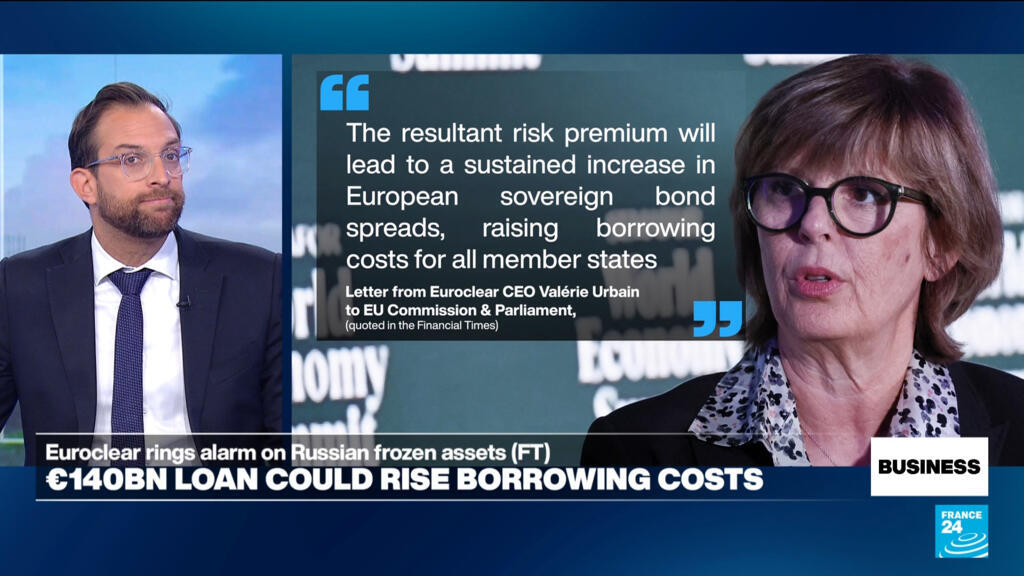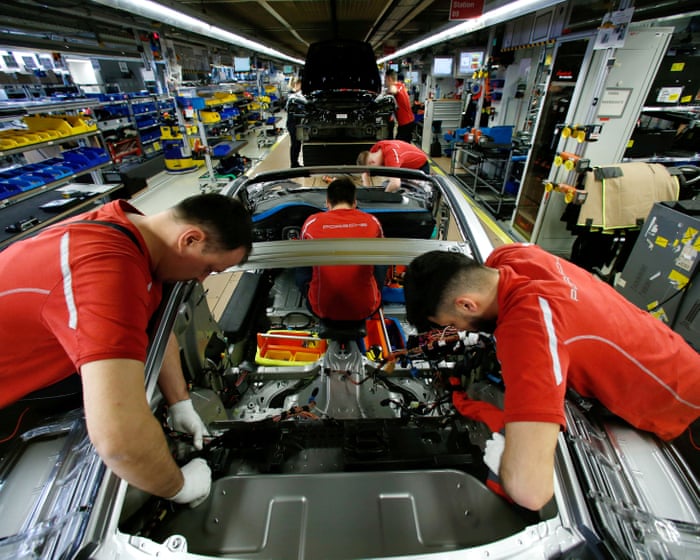Euroclear warns EU that Russian frozen asset plan could lead to higher borrowing costs
NegativeFinancial Markets

- Euroclear has issued a warning to the European Union regarding its plan to utilize frozen Russian assets to secure €140 billion in loans for Ukraine, indicating that this strategy could result in increased borrowing costs for EU member states. The warning highlights potential financial repercussions stemming from the ongoing geopolitical tensions surrounding Russia's actions in Ukraine.
- This development is significant for Euroclear as it manages a substantial amount of frozen Russian state assets and is concerned about the implications of the EU's financial strategies on market stability and borrowing rates. The firm’s caution reflects broader anxieties within the financial sector regarding the impact of geopolitical decisions on economic conditions.
- The situation underscores a complex interplay of international finance and security, as European nations grapple with the ramifications of their support for Ukraine amidst rising concerns about Russian influence. Additionally, the evolving dynamics of sanctions and military supply chains, particularly from countries like China, further complicate the landscape, suggesting a need for strategic reassessment among EU members.
— via World Pulse Now AI Editorial System







